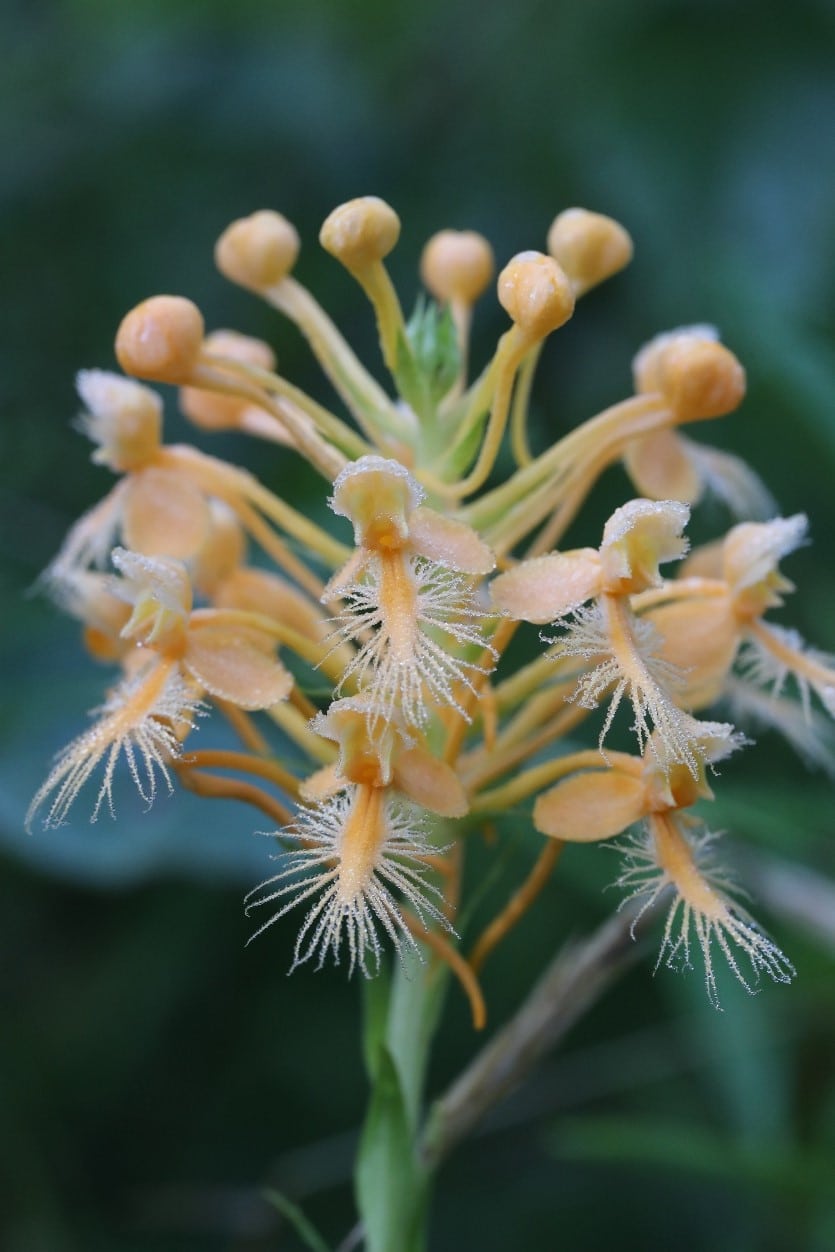Most of my posts directly relate to something you can experience while visiting our trails. This one, thankfully, is about something that isn’t too prevalent here at Tupper Hill this year: Gypsy Moth Caterpillars.
To begin, I would like to give Professor Trouvelot of Medford, MA a mention for his attempt to find a cold-hardy silkworm circa 1869. Who doesn’t love silk fabric? Unfortunately, his backyard experiment jumped over the fence, like most invasive species do, and in a decade the first major outbreak of Gypsy Moths began. Thank you, Professor, as I cannot walk out of my home without being showered in the excrement, or frass, of your experiment-gone-wild.
According to Dan Evans, our Stewardship Forester here at Norcross, and Scott Gerrish, a local Consulting Forester, the outbreak of Gypsy Moth Caterpillars this year is spotty but where they occur the infestation is intense. My neighborhood happens to be in one of these locations. The sound of light rain is a constant, yet we have had very little rain. The source of the sound is the falling frass from the eating machines that are devouring my Oak Trees.
Each day the lighting in my yard waxes as the canopy is devoured. During past outbreaks I noticed Gypsy Moth Caterpillars dying before they could pupate, however, that does not seem to be occurring this year. I’m keeping my fingers crossed that whatever kept this pest in check will return with a vengeance. In the meantime, I will enjoy the extra light in my yard and the presence of Cuckoos (mostly Black-billed), who seem to enjoy feasting on the caterpillars.
Further information about the Gypsy Moth (Lymantria dispar) can be found here: Gypsy Moth
As for Professor Trouvelot, at least a crater on the moon was named after him (although not for this reason).



